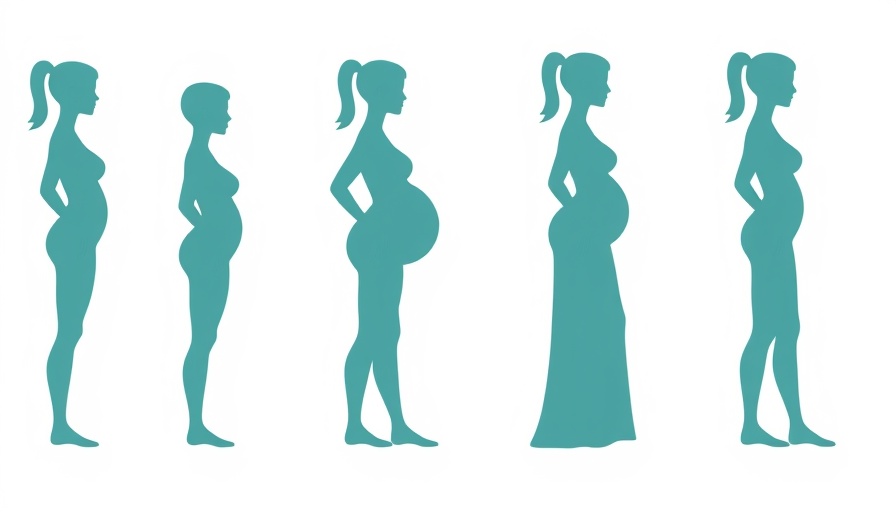
The Surprising Power of Minimally Processed Foods
In a groundbreaking study from University College London, researchers have unveiled that individuals adhering to a minimally processed food (MPF) diet can lose twice as much weight as those consuming ultra-processed foods (UPF), despite both diets delivering equivalent nutritional profiles. This phenomenon was observed during a real-world trial which has significant implications for long-term weight management.
Understanding the Study Design and Its Implications
The research team divided 55 adults into two groups, alternating between MPF and UPF over 12 weeks, including a four-week 'washout' phase. Participants were encouraged to eat freely, without limitations, ensuring that both dietary approaches were aligned with the Eatwell Guide, which governs balanced nutritional intake in the UK.
This was an ambitious study—it not only aimed to compare two different types of food processing but also stood out as the longest study examining UPF diets. The participants, who could consume more calories than usual, demonstrated a notable weight reduction of about 2.06% on the MPF diet compared to only 1.05% on the UPF diet, illustrating the role of food processing in weight loss outcomes.
The Science Behind Food Processing and Weight Loss
What can we learn from these results? Dr. Samuel Dicken, a lead researcher, suggests that the choice of minimally processed foods can greatly affect body composition. Moreover, the study showed that the greater weight loss on the MPF diet stemmed from fat and total body water reductions, while muscle and fat-free mass remained stable, which indicates a healthier body composition overall.
Such findings reinforce the importance of food quality rather than merely calorie counting—often, people are unaware that the degree of processing can significantly impact satiety and body weight regulation. Minimally processed options like homemade meals and whole ingredients may lead to better health outcomes and aid in weight management.
Long-term Health Benefits of Choosing MPF Over UPF
Beyond weight loss, this approach presents broader health benefits. Adopting a diet rich in minimally processed foods can decrease risks associated with chronic health issues, including cardiovascular disease and diabetes. Ultra-processed foods, often high in sugars, unhealthy fats, and additives, have been linked to a higher incidence of metabolic disorders. Thus, a shift towards minimally processed choices not only supports weight loss but fosters long-term health improvements.
Applicable Insights for Professionals in Health and Tech Industries
For CEOs and marketing managers in health and tech, there’s an opportunity to reassess product offerings. Emphasizing minimally processed food options could resonate greatly with consumers seeking healthier lifestyle choices amid rising obesity rates. Health tech innovations focusing on food quality—like apps that track food processing levels or smart diet planners that prioritize MPF—could further engage health-conscious consumers.
Future Trends: The Intersection of Technology and Nutrition
As the health and wellness sector continues to embrace technology, we can anticipate products converging around the principles identified in this study. Expect advanced meal prep services that emphasize MPF, smart kitchen appliances that aid in cooking whole foods, and apps offering quick, healthy recipes using minimally processed ingredients.
This outlines a vibrant future where tech not only supports dietary decisions but enhances well-being through informed choices. The real question remains: will industry leaders capitalize on this knowledge to drive innovations that cater to consumer demands for healthier eating habits?
Conclusion: A Call for Change
The results of this study are a clarion call to both consumers and industry leaders alike. By prioritizing minimally processed foods, individuals can experience significant health benefits, and businesses can cultivate a clientele determined toward lifestyle changes. As more data reveals the impacts of food processing on health, choosing MPF becomes not just a personal decision, but a pivotal industry trend.
Understanding this relationship between diet, health, and technology is vital for making smarter, healthier choices in an increasingly processed world.
To learn more about how minimizing processed foods can benefit your health and well-being, join the conversation and explore the practical steps you can take towards a healthier lifestyle.
 Add Row
Add Row  Add
Add 




Write A Comment